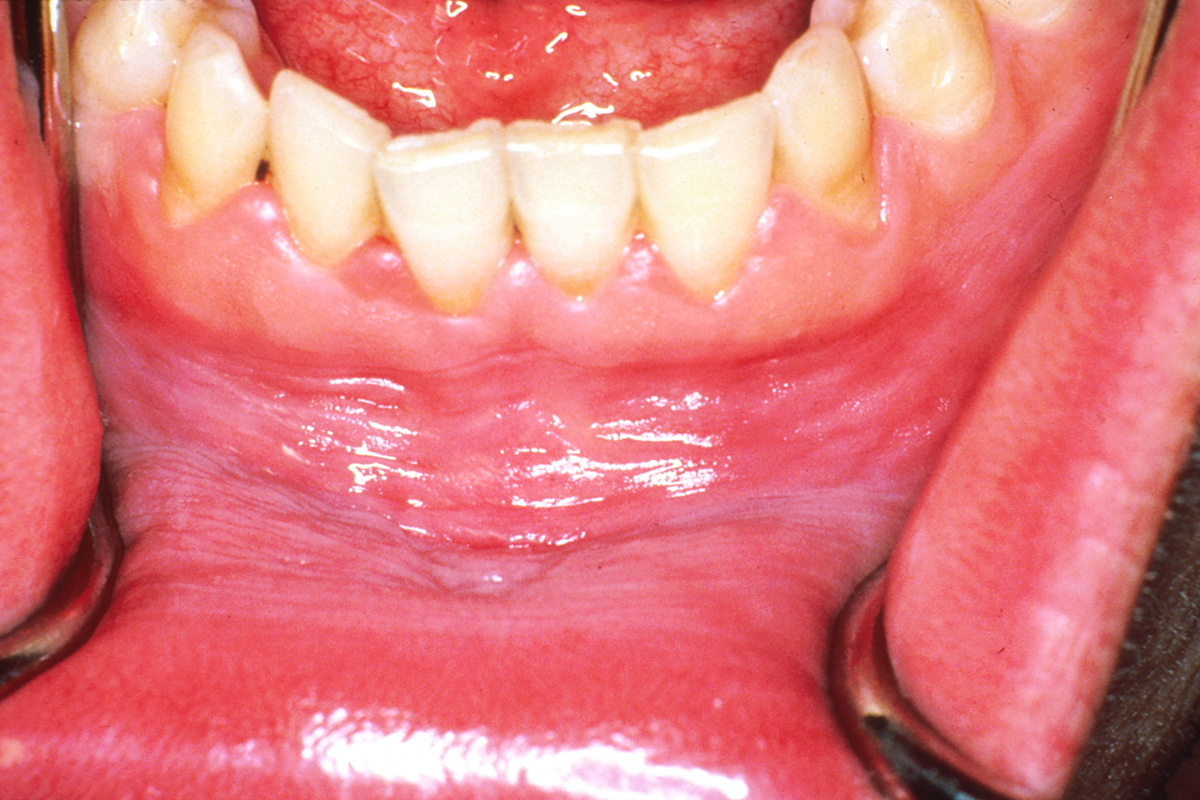
Gum irritation leads to a gum inflammation and typical symptoms and signs such as swelling of the gum, redness of the affected area, pain and in some cases bleeding from the gum. The medical term for gum irritation is gingivitis. It is a condition that requires the proper care and treatment since it can progress to periodontitis and cause even more damage to the gum and the underlying bone structures.
What are Causes of Gum Infection?
The leading cause of gum irritation is a lack of adequate dental hygiene and the formation of plaque around the gum and teeth. During the act of chewing tiny little particles tend to accumulate in the slits between teeth. These particles together with minerals normally found in saliva are essential components of plaque. Plaque also contains harmful oral bacteria. Build-up of plaque and multiplication of bacteria as well as release of toxins from the bacteria leads to an inflammation of the nearby gum tissue.
One more potential cause of gum irritation is an intake of certain medications. For example patients suffering from high blood pressure may be prescribed certain drugs that are capable of irritating gums. Furthermore, gum irritation is also associated with some medications prescribed in case of some heart diseases. Gum irritation may occur if one takes oral contraceptives, antidepressants, decongestants, antihistamines and nasal sprays.
Gum irritation is common for pregnant women and is no reason for a woman to worry. It withdraws after childbirth.
An finally, gum irritation may occur due to many dental procedures and problems such as impaction of a wisdom tooth or after tooth filling. Irritation can also happen during a root canal treatment and if one uses specific teeth whitening products.
Treatment for Gum Irritation
The actual treatment for gum irritation depends on the underlying cause of irritation and consequent inflammation.
It is essential for one to maintain impeccable oral hygiene. Even if this is performed one may end up with build-up of plaque. In this case regular removal of plaque can prevent gum irritation and gum inflammation. In case irritation eventually occurs, the pain is alleviated with pain killers and the plaque is removed. Some patients are prescribed antibiotics. Many people commonly mistake and stop brushing their teeth once the gum tissue becomes inflamed. They should continue brushing teeth because if they do not remove the food particles inflammation can only become worse. In case gum irritation is caused by medications they are supposed to be replaced with suitable substitute drugs. And finally, once teeth problems are brought under control gum irritation subsides.



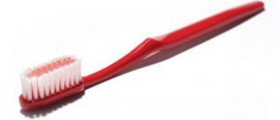
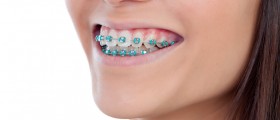
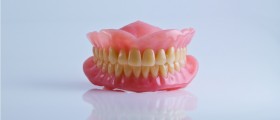
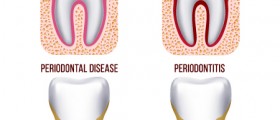

_f_280x120.jpg)
,-Don't-Ignore-Receding-Gums_f_280x120.jpg)
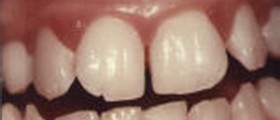


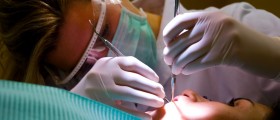
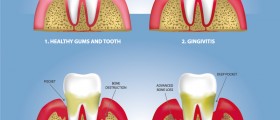
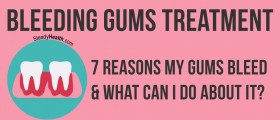

Your thoughts on this
Loading...